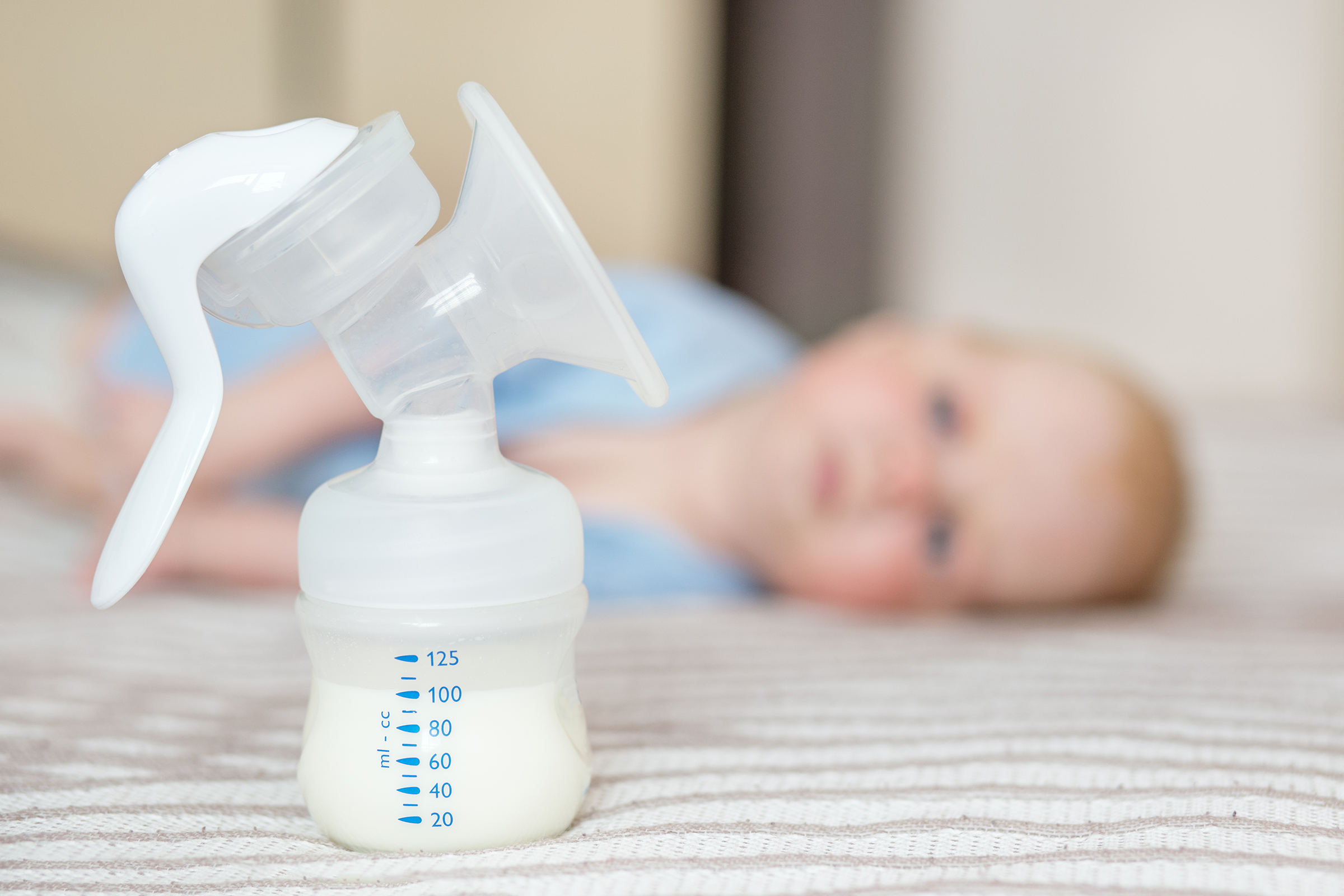
LEGAL UPDATE: Providing Urgent Maternal Protections for Nursing Mothers. What you need to Know about the “PUMP Act”
by Katie Robinson | July 24, 2023On April 28, 2023, a new federal law Providing Urgent Maternal Protections for Nursing Mothers (commonly referred to as the “PUMP Act”) went into full effect, giving more workers the right to break time and a private place to pump while at work.
In 2010, Congress included a provision in the Affordable Care Act that required employers to provide nursing mothers with a reasonable break time and a private space for one year after childbirth. The rule, however, did not apply to workers who were exempt from overtime pay.
New Requirements under the Federal PUMP Act
The PUMP Act broadens the number of workers who must be accommodated as it applies to almost all employees for a year after child birth (with the exception of airline crew and pilots).
What does PUMP Act specifically require?
- A clean pumping space, other than a bathroom, that is shielded from view and free from intrusion from coworkers and the public.
- The space must be “functional”, which the US Department of Labor has noted to mean that the space ideally has a surface, is near running water and has a refrigerator to store breast milk.
Employers with 50 or less employees are exempt from providing accommodations if they can prove complying with the law would cause an “undue hardship”, which is a standard that is considered fairly difficult to meet by most legal professionals. In addition, the new law also has more robust enforcement mechanisms for employees to fight violations of the law. If an employer fails to provide reasonable breaks and a clean pumping space, employees can either file a complaint with the Department of Labor or a lawsuit directly against their employer. If an employer is found to have violated the law, they can be liable for attorney fees, recovery of lost wages, and even punitive damages for emotional distress or health complications related to the inability to pump.
What do Washington employers need to know?
If you are an employer in Washington, you should be aware that the Workplace Pregnancy Accommodation law (detailed in RCW 43.10.005) is stricter than what is required under the PUMP Act.
In Washington, the new accommodation law for nursing mothers in the workplace took effect in July 2019 which:
- Lengthens the amount of time that employers must provide a “reasonable accommodation” to pump to two years after childbirth
- Applies to employers with 15 or more employees
Practice Tip: Guidance for Employers
Employers of all sizes should consider the availability of a private functional space for employees to pump in the workplace. If this place already exists, then proactively designate it as a space that employees can use to express breast milk. If this space doesn’t exist yet, consider how to create this space by using window blinds or privacy screens.
Employers should also review and revise policy manuals to include the pumping accommodation. If you are a Washington employer, make sure these accommodations are available to employees for two years after the child’s birth.
Additional Resources
- Frequently Asked Questions – Pumping Breast Milk at Work | USDOL – Wage and Hour Division
- Pump at Work Protections under the Fair Labor Standards Act | USDOL – Wage and Hour Division
- The PUMP Act Explained | U.S. Breastfeeding Committee